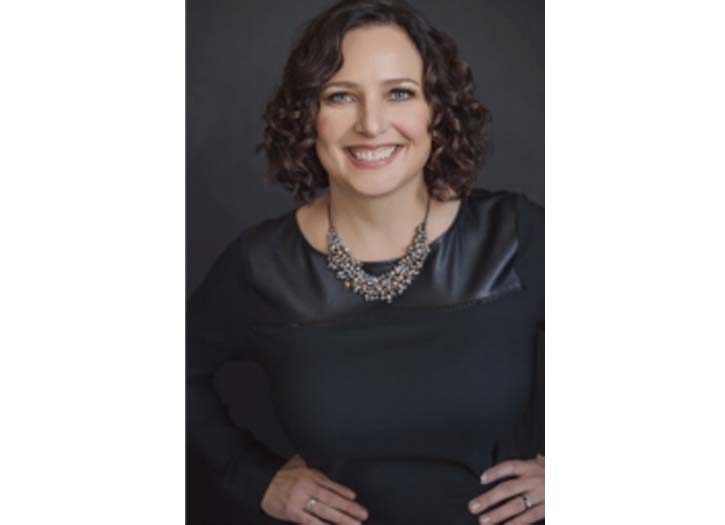Diversity and inclusion are two of the most sought after aspects in Human Resources. Research has also shown that diverse teams outperform in work environments. According to Built In:
- Diverse companies enjoy 2 to 3 times higher cash flow per company;
- Diverse management boosts revenue by 19%;
- 43% of companies with diverse boards noticed higher profits;
- Companies with highly gender-diverse executive teams perform significantly better; and
- Companies that are highly gender-diverse notice exceptional value creation.
But first we must fully understand the difference between diversity and inclusion to affect positive change. “Diversity means different things to different people. In the broadest sense it is valuing and centering all the ways people identify and show up in the world that make us unique from each other vs. valuing and focusing on either what makes us the same as each other and/or approximates some normative ideal. Inclusion is the intentional effort to foster a sense of belonging and agency within and between diverse people and spaces. Think of it as a verb, rather than a destination or state of being,” explains Wendy Ryan of Kadabra. “I am proud to lead the incredible team of leadership and organizational culture experts that is Kadabra. We are committed to changing the world by expanding what’s possible for all of us to achieve. I am also an advisor and angel investor for early stage BIPOC, LGBTQ++ and womxn-led start up companies; and an advocate for increasing diversity, equity,inclusion & access within the investor and broader business ecosystem,” continues Wendy Ryan.
Kadabra is on a mission to increase diversity and inclusion in the workplace while also impacting communities of color. Here are some of the ways in which they are impacting culture and communities according to the Kadabra CEO, Wendy Ryan:
- Every day our leadership team works together to embody a diverse, equitable and inclusive company ourselves so that when we show up to help other organizations do this work it’s coming from a place of manifested integrity and authenticity. It’s not just words.
- One of the most important and impactful things we do is to be very intentional around who we hire and who we buy from. We preference and actively seek out new talent and engage business partners who identify as BIPOC, LGBTQ++ or as people with disabilities. We value lived experience in candidates for hire more than and we don’t require college degrees, for example. What we’ve discovered since we committed to doing that is first of all, that there is no supplier side shortage of talent – it’s a buyer side issue.
- The key for so many organizations, as is currently the case with our leadership team, is you can’t make that shift successfully if you just continue tapping into your mostly white friends and family networks to surface great talent from communities of color. How many black people do you or they actually know? How many people are you friends with who didn’t go to one of 5 – 10 colleges or don’t have a college degree? If your answer is “none” then your current network isn’t going to help you diversify your workplace.
- Our work in helping leaders and organizations to transform themselves intrapersonally, interpersonally and culturally is shifting paradigms around how people define excellence, commitment and quality at work. We’re not looking to help people either raise a fixed bar or to lower it. We are replacing that old bar with a baton that can be passed from leader to leader – one that is equity-informed, inclusive and flexible enough for all of us to hold.
Wendy Ryan and her executive team at Kadabra are leading the way for impacting change across all cultural aspects. With Kadabra, leadership teams are more equipped to bring about diversity and inclusion in the workplace. Connect with Wendy Ryan here!
Writer, C. Scott, is a mompreneur, blogger, freelance writer, author and self-publisher. Follow her on social media as @curls_coils and @mysweettealife.








I love this: “We’re not looking to help people either raise a fixed bar or to lower it. We are replacing that old bar with a baton that can be passed from leader to leader – one that is equity-informed, inclusive and flexible enough for all of us to hold.” More of this, please!